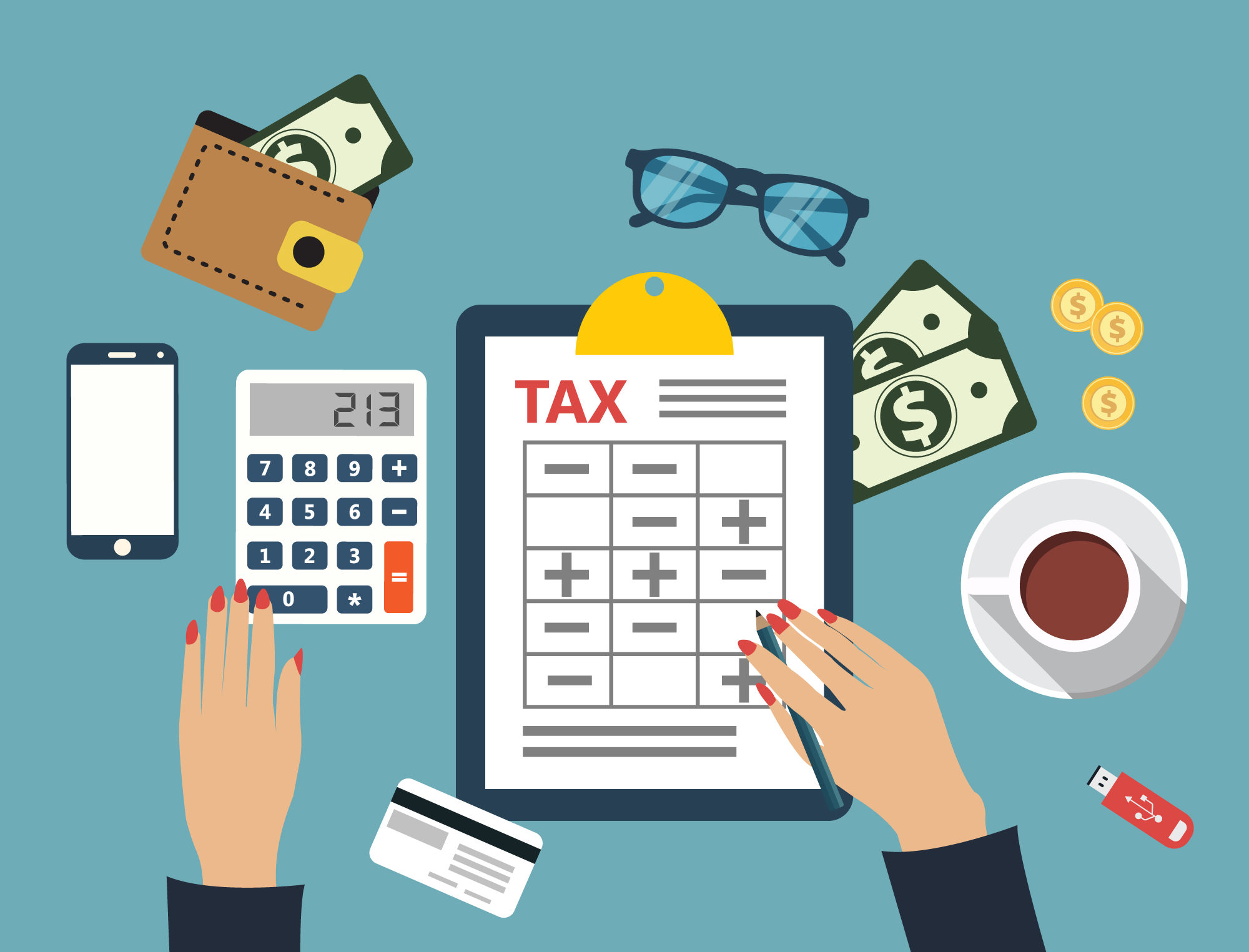

June 1, 2018

The Canadian tax system is based on self-assessment, in that the government relies on you to report all your sources of income completely and accurately.
For Employees :-
- Institutions, employers and organizations are required to report income and other amounts paid to individuals and corporations on information slips (i.e. T- slips).
- These slips are filed with the government, therefore keep in mind that the CRA has information on your income before you even file your tax return.
- Once you have filed your return, the CRA does a “sweep” of the slips in its system. It compares the slips you have filed against what they have on file. If you miss a slip, they will re-assess you for it and send you the tax bill plus applicable interest.
- If you continue to “forget” to file slips or not report them, they could charge you penalties for unreported income. These are quite substantial on the second offence.
For Self Employed :-
- Even though your income may not be reported on a slip, you must still declare all of your income (i.e. foreign source pensions, dividends, interest, business income, professional income and income associated with your rental properties etc.)
- It is up to you to properly account for, and report them and if you fail to do so and CRA finds it that you have been evading taxes by not disclosing, there could be very harsh penalties.
- As these kinds of income doesn’t have a slip issued to CRA, it is up to the taxpayer to provide the information to declare this as income on the tax return.
Deductions and Tax Credits for All :-
Deductions and tax credits are up to you to report accurately. There are expenses and deductions that the CRA typically asks for documents upon review.
Common Questions Asked: –
- Do banks reports deposits to CRA?- The banks do not report deposits. When CRA does a full audit, they will ask to see bank statements for all family members in the household and ask for an explanation for deposits they cannot trace. CRA can’t check your bank accounts without informing you and there has to be a reason why they would do so (i.e. audit or special investigations typically). When someone is audited by CRA, they request all bank, credit card, and loan statements. In practice, we rely on the client and tell them it is their responsibility to report their income accurately.
- Should I report unearned income? – The best way to explain unearned income is to think of it as a deposit. For example, if you give me a $200 deposit to prepare your taxes, then I have not yet earned that $200 until I do the work and complete it. If you gave me that deposit on December 31 for example and I did not start the work, then at year end it would be classified as $100 of unearned income. I would not have to pay tax on this amount. If I complete your returns on January 15, then the $200 becomes income at that point and will be reported.
- Any penalties/interest if I have a refund and filed the tax return late? – As long as it is a refund, there should be no penalties and interest assessed. Late filing penalties are only assessed on balances owing. Interest may still be charged depending on the circumstances (if there were late or deficient installments, when the amounts due were actually paid, etc.)
- Should we file a return for 16 year old? – If there is income earned by the 16 year old, then I would file a return. If there is no income or tuition credits (which probably wouldn’t be the case for a 16 year old), then no need to file. In short, we usually file kids’ returns when they start making money or have income to declare.
In case you have any comments or questions please feel free to leave them in the comments sections below or you can send us an email at info@eccountant.ca or chat with us online at our website or you can send us messages at our Facebook , LinkedIn or Twitter Pages, the link to all of them is in our home page. You can also chat with us at our WhatsApp no. 905-581-5412.